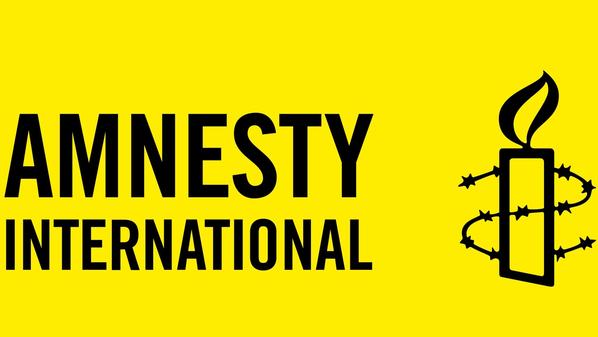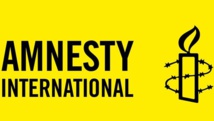"Such attacks may amount to war crimes," he said, adding that it "is crucial that suspected violations are independently and impartially investigated".
The London-based rights group said there is "evidence suggesting that Russian authorities may have lied to cover up civilian damage to a mosque from one air strike and a field hospital in another".
There is also "evidence suggesting Russia's use of internationally banned cluster munitions and of unguided bombs in populated residential areas".
The report focuses on attacks in Homs, Idlib and Aleppo provinces between September and November, which killed at least 200 civilians and around a dozen fighters, the group said.
Amnesty noted that Russian authorities "have claimed that their armed forces are only striking 'terrorist' targets. After some attacks, they have responded to reports of civilian deaths, by denying they killed civilians; after others, they have simply stayed silent."
In one of the deadliest incidents, Amnesty said three missiles were fired at a busy market in the Idlib locality of Ariha, killing 49 civilians.
Witnesses described how the bustling Sunday market became a scene of carnage in seconds, with local media activist Mohammed Qurabi al-Ghazal quoted as saying: "In just a few moments, people were screaming, the smell of burning was in the air and there was just chaos."
In another suspected Russian attack, at least 46 civilians, including 32 children and 11 women sheltering in the basement of a residential building, were killed in October in Ghantu, Homs, Amnesty said.
Video footage showed "no evidence of a military presence", and weapons experts said the nature of the destruction "indicated possible use of fuel-air explosives, a type of weapon particularly prone to indiscriminate effects when used in the vicinity of civilians".
On Tuesday, the Syrian Observatory for Human Rights said Russian air strikes had killed 2,132 people since the campaign began at the end of September, including 710 civilians.
The Syrian conflict has killed more than 250,000 people and forced millions to flee their homes since it broke out in March 2011.
----------------------------------------------------------------------------------------------------------
The London-based rights group said there is "evidence suggesting that Russian authorities may have lied to cover up civilian damage to a mosque from one air strike and a field hospital in another".
There is also "evidence suggesting Russia's use of internationally banned cluster munitions and of unguided bombs in populated residential areas".
The report focuses on attacks in Homs, Idlib and Aleppo provinces between September and November, which killed at least 200 civilians and around a dozen fighters, the group said.
Amnesty noted that Russian authorities "have claimed that their armed forces are only striking 'terrorist' targets. After some attacks, they have responded to reports of civilian deaths, by denying they killed civilians; after others, they have simply stayed silent."
In one of the deadliest incidents, Amnesty said three missiles were fired at a busy market in the Idlib locality of Ariha, killing 49 civilians.
Witnesses described how the bustling Sunday market became a scene of carnage in seconds, with local media activist Mohammed Qurabi al-Ghazal quoted as saying: "In just a few moments, people were screaming, the smell of burning was in the air and there was just chaos."
In another suspected Russian attack, at least 46 civilians, including 32 children and 11 women sheltering in the basement of a residential building, were killed in October in Ghantu, Homs, Amnesty said.
Video footage showed "no evidence of a military presence", and weapons experts said the nature of the destruction "indicated possible use of fuel-air explosives, a type of weapon particularly prone to indiscriminate effects when used in the vicinity of civilians".
On Tuesday, the Syrian Observatory for Human Rights said Russian air strikes had killed 2,132 people since the campaign began at the end of September, including 710 civilians.
The Syrian conflict has killed more than 250,000 people and forced millions to flee their homes since it broke out in March 2011.
----------------------------------------------------------------------------------------------------------









 Home
Home Politics
Politics











